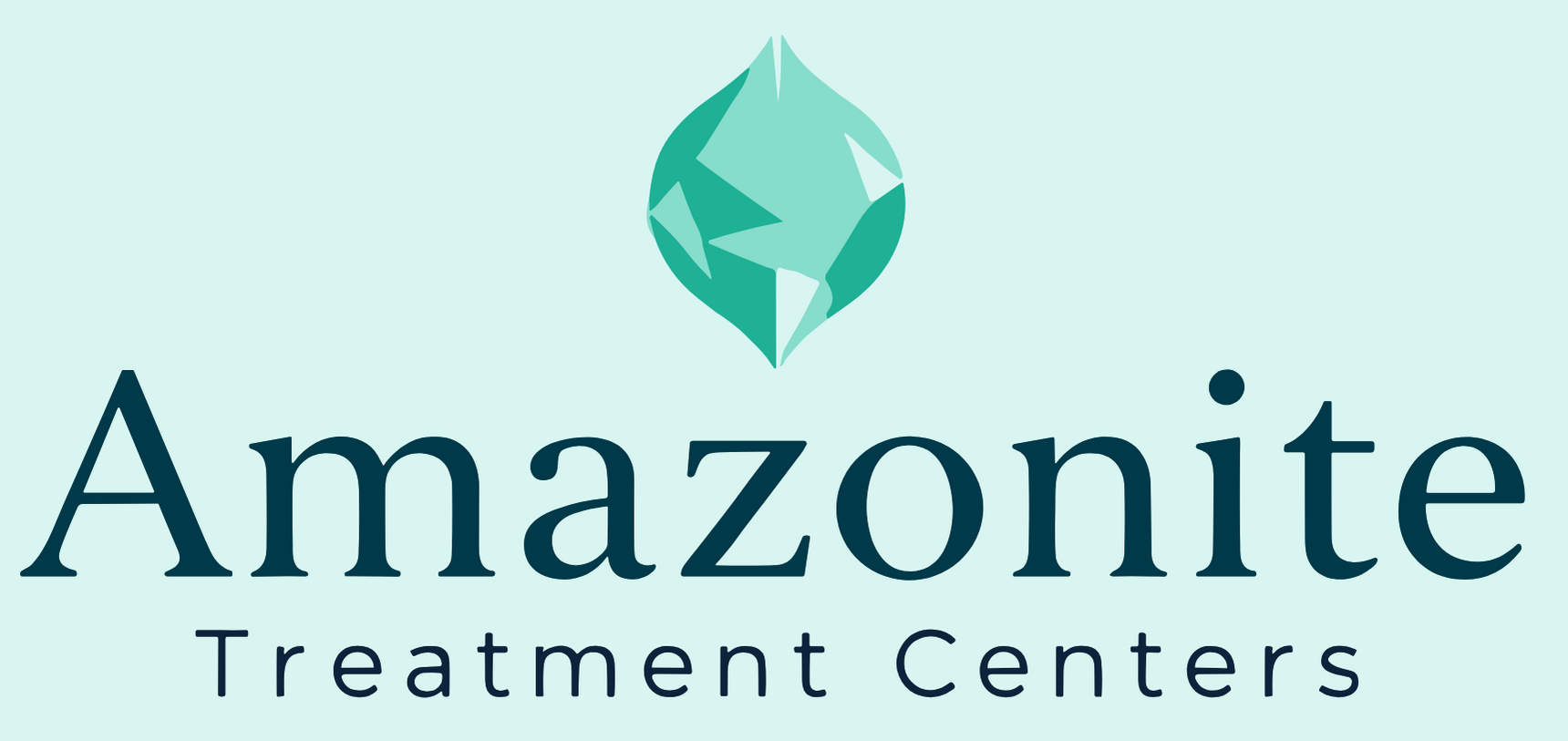Learn More
Fontana, California, United States
Amazonite Treatment Center
Unclaimed
Unclaimed
Unclaimed

Contact Amazonite Treatment Center
Connect with Amazonite Treatment Center by calling them directly.
Are you the owner of this center?
Claim this center
About Amazonite Treatment Center
offers compassionate care for individuals with substance use disorders and co-occurring mental health conditions, featuring medically supervised detox and residential treatment. Their veteran-focused programs emphasize trauma-informed therapy and peer support, helping clients restore emotional balance and mental clarity.
Build Momentum with Whole-Person Recovery Tools
Clients engage in individual counseling and group therapy to build emotional regulation and develop healthy behavioral patterns. Detox services incorporate medication-assisted treatment (MAT) to ease withdrawal symptoms. To support whole-person healing, Amazonite integrates physical fitness, yoga, acupuncture, and sound therapy. Recovery continues beyond treatment through alumni programming and ongoing recovery support.
Feel at Home in a Supportive Residential Space
Set in a warm, home-like environment, Amazonite provides private and shared rooms, chef-prepared meals, and comfortable amenities. A recreation room, sunlit outdoor spaces, and engaging group activities encourage community and fun in recovery. Unlike many programs, Amazonite welcomes personal technology, allowing cell phones and laptops throughout the treatment process.
Read More
Insurance Accepted
Provider's Policy:At Amazonite Treatment Center, we believe finances should never stand in the way of your journey to a better life. Most major insurance providers may cover the majority—or even all—of your treatment costs. We proudly accept most PPO and POS insurance plans with out-of-network benefits. We don't accept Medi-cal, HMOs and Medicaid.
Luxury rehab centers offer a unique blend of luxurious amenities and high-quality treatment. From private suites to gourmet dining, personal trainers to spa treatments, these facilities provide a high level of comfort and discretion.


Center Overview
Young Adults
Emerging adults ages 18-25 receive treatment catered to the unique challenges of early adulthood, like college, risky behaviors, and vocational struggles.
Men and Women
Men and women attend treatment for addiction in a co-ed setting, going to therapy groups together to share experiences, struggles, and successes.
Midlife Adults
For adults ages 40+, treatment shifts to focus on the unique challenges, blocks, and risk factors of their age group, and unites peers in a similar community.


Care Options






Treatment
Specializations
Alcohol
Using alcohol as a coping mechanism, or drinking excessively throughout the week, signals an alcohol use disorder.
Learn More
Detox
Detox fully and safely removes toxic substances from the body, allowing the next steps in treatment to begin with a clean slate.
Learn More
Drug Addiction
Drug addiction is the excessive and repetitive use of substances, despite harmful consequences to a person's life, health, and relationships.
Learn More
Approaches
Evidence-Based
A combination of scientifically rooted therapies and treatments make up evidence-based care, defined by their measured and proven results.
Learn More
Family Involvement
Providers involve family in the treatment of their loved one through family therapy, visits, or both–because addiction is a family disease.
Holistic
A non-medicinal, wellness-focused approach that aims to align the mind, body, and spirit for deep and lasting healing.
Learn More
Individual Treatment
Individual care meets the needs of each patient, using personalized treatment to provide them the most relevant care and greatest chance of success.
Learn More
Personalized Treatment
The specific needs, histories, and conditions of individual patients receive personalized, highly relevant care throughout their recovery journey.
Learn More
Therapies
1-on-1 Counseling
Patient and therapist meet 1-on-1 to work through difficult emotions and behavioral challenges in a personal, private setting.
Learn More
Reiki
Hand placements or light touches over the body aim to strengthen patients' life energy, guided by a Reiki therapist with expertise in this Eastern medicine.
Learn More
Substances We Treat
Alcohol
Using alcohol as a coping mechanism, or drinking excessively throughout the week, signals an alcohol use disorder.
Learn More
Benzodiazepines
Benzodiazepines are prescribed to treat anxiety and sleep issues. They are highly habit forming, and their abuse can cause mood changes and poor judgement.
Cocaine
Cocaine is a stimulant with euphoric effects. Agitation, muscle ticks, psychosis, and heart issues are common symptoms of cocaine abuse.
Learn More
Drug Addiction
Drug addiction is the excessive and repetitive use of substances, despite harmful consequences to a person's life, health, and relationships.
Learn More
Ecstasy
Ecstasy is a stimulant that causes intense euphoria and heightened awareness. Abuse of this drug can trigger depression, insomnia, and memory problems.
Heroin
Heroin is a highly addictive and illegal opioid. It can cause insomnia, collapsed veins, heart issues, and additional mental health issues.
Psychedelics
Hallucinogenic drugs—like LSD—cause euphoria and increased sensory experiences. When abused, they can lead to depression and psychosis.
Methamphetamine
Methamphetamine, or meth, increases energy, agitation, and paranoia. Long-term use can result in severe physical and mental health issues.
Opioids
Opioids produce pain-relief and euphoria, which can lead to addiction. This class of drugs includes prescribed medication and the illegal drug heroin.
Learn More
Prescription Drugs
It's possible to abuse any drug, even prescribed ones. If you crave a medication, or regularly take it more than directed, you may have an addiction.
Learn More
Synthetic Drugs
Synthetic drugs are made in a lab, unlike plant-based drugs like mushrooms. Most synthetic drugs are either stimulants or synthetic cannabinoids.
Aftercare
Experience
Personal Amenities
Amenities
Special Considerations
Flexible technology policies
Centers with flexible technology policies allow professionals to stay in touch with work and give patients a greater sense of connection and normalcy.
Activities
Off-Site Activities
Off-Site Amenities
We love hearing about your treatment experience
Help individuals and families seeking treatment by sharing your first-hand experience with this treatment provider. Review Guidelines.






























